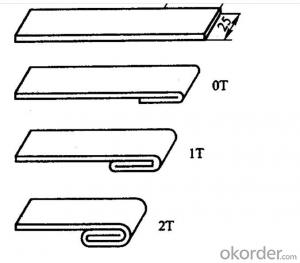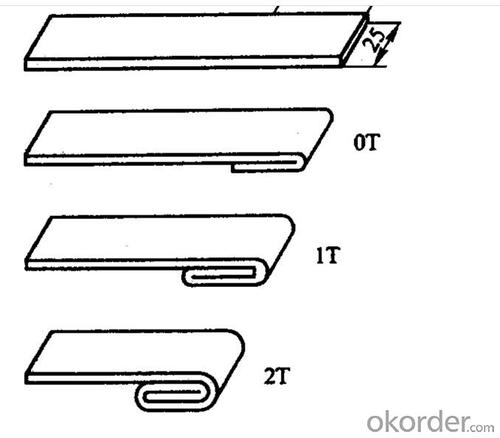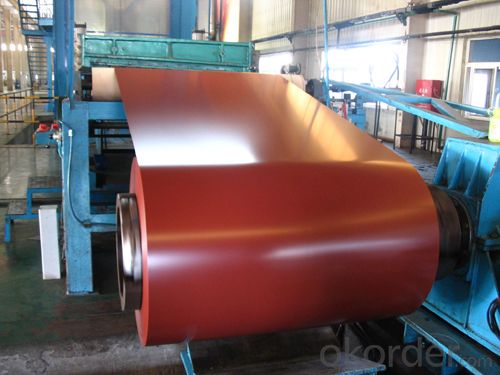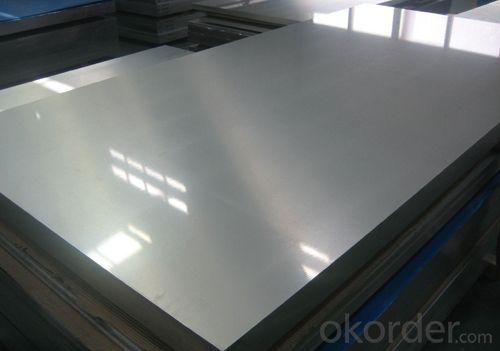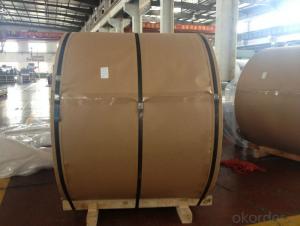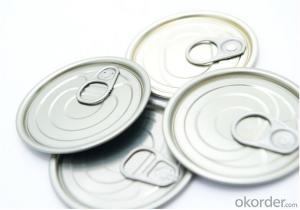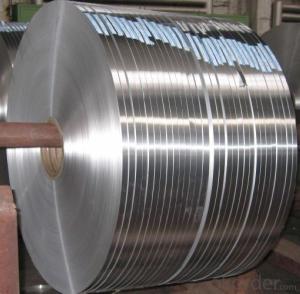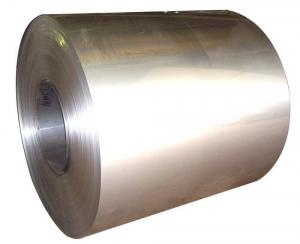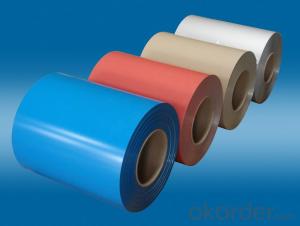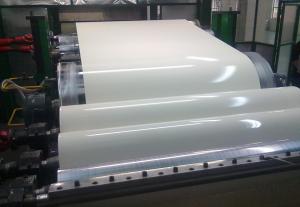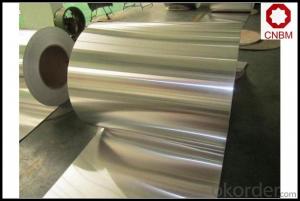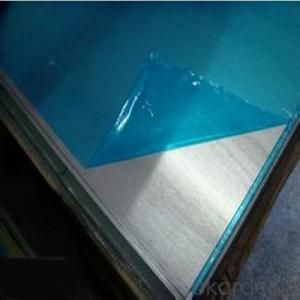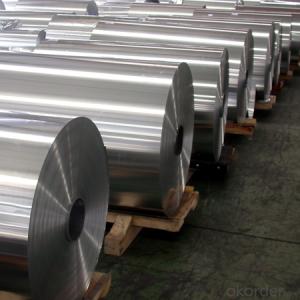Aluminum Sheet and Coil for Roofing Manufacturing
- Loading Port:
- Shanghai
- Payment Terms:
- TT OR LC
- Min Order Qty:
- 20 m.t
- Supply Capability:
- 10000 m.t/month
OKorder Service Pledge
OKorder Financial Service
You Might Also Like
Specification
1. Specification of Aluminum
1) Alloy | 1050, 1060,1100, 3003 3004 3105 3005 5005 5052 etc |
2) Temper | O/H12/H14/H1/H18/H32/H34/H36/H38//H111/H112/H116/H321/T6/T651/T3/T351 etc |
3) Thickness | 0.1mm to 6mm |
4) Width | 20mm to 3300mm |
5) Coil weight | 100kgs to 6 tons depends on actual requirement |
6) Core material | Aluminum alloy |
7) Coil Inner diameter | 76mm, 152mm,or as required |
2. Application of Aluminum
If your roof exhibits any of the above symptoms—or if your roof is simply old—The Aluminum Company will gladly examine your roof as a courtesy to help you determine whether it can be repaired or needs to be replaced. This service call is without any cost or obligation to you.
3. Feature of Aluminum
A new Owens Corning or CertainTeed roof will protect and beautify your home for many years to come. And it will add substantial resale value to your biggest lifetime investment, your home. Choose your roof’s level of durability - 15, 20 or 30 years
4. Certificate:
SGS and ROHS(if client request, paid by client), MTC(plant provided), Certificate of Origin(FORM A, FORM E, CO), Bureau Veritas and SGS (if client request, paid by client), CIQS certificate
5. Image of Aluminum
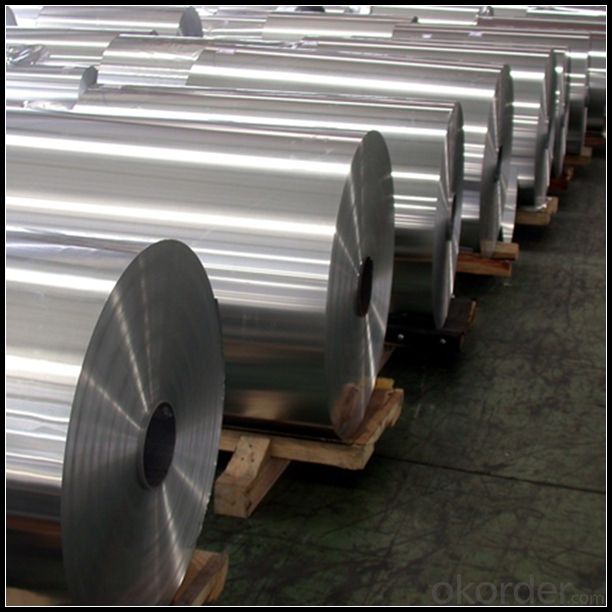
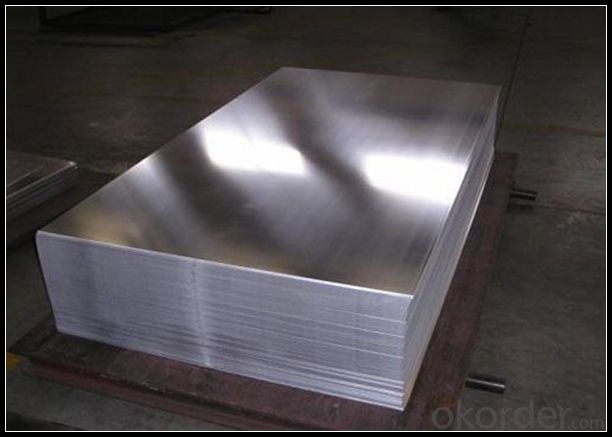
6. FAQ
Q: What is the produce prase? | ||||
A: Normally it would be 40days after received your deposit. | ||||
Q: Can you provide free samples? | ||||
A: Yes, free samples will be sent to you on freight at destination. | ||||
Q: Can I get your latest catalogue? | ||||
A: Yes, it will be sent to you in no time. | ||||
Q: What is the MOQ? | ||||
A: 3 tons | ||||
Q: What are your payment terms? | ||||
A: We accept L/C, D/A, D/P, T/T, West Union,etc. |
- Q: Other than alloys. I'm trying to think of a way I can make an aluminum knife that will hold an edge. One group of researches say they used 60 metric tons of force to realign the molecular structure and give the metal strength equal to steel. I don't have a 60 ton press aha. Would heat treatment plus 10 tons of pressure repeated have a similar affect?
- No. You would have to use the exact procedure or use alloys.
- Q: This question asks about potential health hazards associated with the use of aluminum coils.
- <p>There are concerns regarding the use of aluminum coils, particularly in cooking and food preparation, due to the potential for aluminum to leach into food. While aluminum is generally recognized as safe, excessive intake over a long period has been linked to various health issues, including neurological disorders and cognitive impairment. However, the risk is considered low for most people, as the body does not absorb a significant amount of aluminum from food or cookware. It's important to note that the scientific community has not reached a consensus on the extent of these risks, and further research is needed. To minimize potential exposure, it's recommended to use alternative cookware materials like stainless steel or cast iron, especially for acidic foods that may increase aluminum leaching.</p>
- Q: This question asks for a comparison between steel wires and other materials when used in coilings, highlighting the pros and cons of steel wires.
- <p>The advantages of using steel wires for coilings include high tensile strength, durability, and resistance to corrosion. Steel wires are also cost-effective and widely available. They offer excellent fatigue resistance, making them suitable for applications requiring repeated coiling and uncoiling. Disadvantages include higher weight compared to some alternatives, which can be a concern in certain applications. Steel wires can also be prone to rust if not properly treated, and they may not be as flexible as some other materials, potentially leading to difficulties in handling or installation. Additionally, steel's magnetic properties can be a disadvantage in environments where non-magnetic materials are required.</p>
- Q: I live in blue ridge ga and have about 2,000 aluminum cans and would like to know how much I can get for them.
- The price for scrap aluminum cans varies litteraly every day. Within the last year, it has been between about 28 cents and 50 cents a pound. The last price I saw for clean, flattened cans delivered to the dealer was about 42 cents. As I said, it could be a bit higher or lower than that now. There are about 30-32 cans per pound of aluminum, so your 2,000 cans probably weigh around 64 pounds and could be worth about $27, assuming there has been no big change in the price recently. But that's a delivered price. If you have to drive 10 miles each way and your truck gets 20 mpg, you will be paying for a gallon of gas. If it is 30 miles each way (60 miles total), you are looking at 3 gallons of gas, which is probably about $8, leaving you a profit of around $19, or maybe a little less. That's with some optimistic assumptions, and it doesn't include the cost of big plastic bags to carry the cans. Not very encouraging, is it? Recycling makes sense for a big city or a recycling center, where they can get thousands of cans a day. But it is hard for an individual to make any money at it. i know this is not what you wanted to hear, but I hope it is helpful anyway.
- Q: Can aluminum coils be used for cladding purposes?
- Yes, aluminum coils can be used for cladding purposes. Aluminum is a popular choice for cladding due to its durability, lightweight nature, and resistance to corrosion. The coils can be formed into various shapes and sizes, making them suitable for cladding applications in industries such as construction, architecture, and manufacturing.
- Q: Is it possible to utilize a press machine to bend aluminum coils?
- <p>Yes, you can use a press to bend aluminum coils. Presses are versatile machines capable of bending various materials, including aluminum. However, it's crucial to select the appropriate press type and size for the specific coil dimensions and desired bend. Additionally, ensure the press has the necessary tonnage to handle the bending force required for aluminum. Using the right dies and lubrication can also improve the bending process and prevent damage to the coils. Always follow safety guidelines and consult with equipment specifications to ensure the press is suitable for bending aluminum.</p>
- Q: What are the potential health hazards associated with the use of aluminum coils?
- <p>There are concerns about the health risks associated with using aluminum coils, particularly in cooking. Aluminum can leach into food when heated, and excessive intake may lead to cognitive impairment and neurological issues. However, the risk is generally considered low with normal usage. It's important to follow proper cooking practices and use utensils that are not reactive with aluminum to minimize exposure. For those with concerns, alternatives like stainless steel or cast iron can be used to reduce potential health risks.</p>
- Q: Can aluminum coils be anodized in different colors?
- Yes, aluminum coils can be anodized in different colors. Anodizing is an electrochemical process that creates a protective oxide layer on the surface of aluminum, which can also be used to impart different colors to the metal. By controlling the process parameters such as the type and concentration of electrolyte, voltage, and duration of anodizing, different colors can be achieved. The color variation is primarily due to the interference and reflection of light caused by the porous oxide layer formed during anodizing. This means that aluminum coils can be anodized in a wide range of colors, including but not limited to black, bronze, gold, blue, red, and green. The ability to anodize aluminum in different colors makes it a versatile material for various applications, such as architectural, automotive, and decorative purposes.
- Q: Is it possible to customize the dimensions of aluminum coils?
- Yes, it is possible to customize the dimensions of aluminum coils. Aluminum coils can be fabricated and cut to specific dimensions according to the requirements and specifications of the customer. The customization process involves precise cutting and shaping of the aluminum coil to achieve the desired dimensions. This allows for flexibility in various industries and applications where specific coil sizes are necessary. Customizing the dimensions of aluminum coils ensures that they can fit seamlessly into different production processes, machinery, or end-use applications.
- Q: What are the different coil annealing options available for aluminum coils?
- There are several coil annealing options available for aluminum coils, depending on the desired outcome and requirements. 1. Full Annealing: This is a process where the aluminum coil is heated to a specific temperature and then slowly cooled down. Full annealing helps to relieve internal stresses, improve ductility, and enhance the mechanical properties of the coil. It also results in a soft and fully recrystallized structure. 2. Solution Annealing: Solution annealing is primarily used for heat-treatable aluminum alloys. It involves heating the coil to a temperature above the alloy's solvus temperature, followed by rapid cooling. This process helps dissolve and redistribute any alloying elements, resulting in a homogenous microstructure. 3. Stabilization Annealing: Stabilization annealing is performed on certain aluminum alloys to enhance their dimensional stability and reduce the risk of distortion during subsequent processing or usage. It involves heating the coil to a temperature just below the alloy's recrystallization temperature and then slowly cooling it. 4. Stress Relief Annealing: This type of annealing is performed to relieve residual stresses that may have developed during previous manufacturing processes, such as rolling or stretching. The coil is heated to a specific temperature and held there for a certain duration, allowing the stresses to relax. It helps to improve the coil's formability and minimize the risk of deformation during subsequent operations. 5. Intermediate Annealing: Intermediate annealing is performed during the manufacturing process to restore the ductility and formability of the aluminum coil. It involves heating the coil to a temperature below the recrystallization temperature, followed by a controlled cooling process. This helps to eliminate work hardening that may have occurred during previous operations. These are some of the common coil annealing options available for aluminum coils. The specific choice depends on factors such as the alloy composition, intended application, and desired material properties. It is important to consult with experts or heat treatment professionals to determine the most suitable annealing method for a particular aluminum coil.
Send your message to us
Aluminum Sheet and Coil for Roofing Manufacturing
- Loading Port:
- Shanghai
- Payment Terms:
- TT OR LC
- Min Order Qty:
- 20 m.t
- Supply Capability:
- 10000 m.t/month
OKorder Service Pledge
OKorder Financial Service
Similar products
Hot products
Hot Searches
Related keywords
